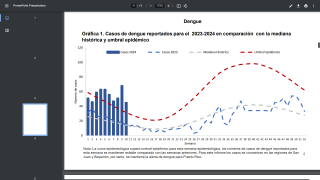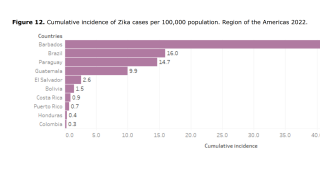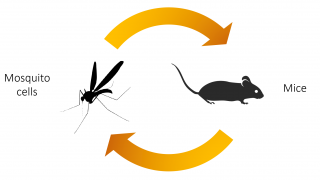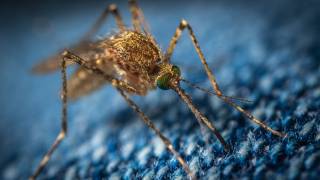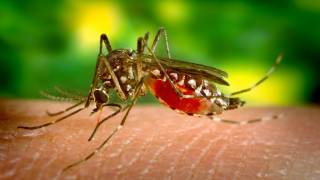Malaria Drug Chloroquine May Reduce Zika Virus Effect

An old drug malaria may have a new use. Researchers found that Chloroquine may also be effective for Zika virus.
In most adults, Zika causes mild flu-like symptoms. But in pregnant women, the virus can cause serious birth defects in babies, including microcephaly.
Currently, there is no treatment or vaccine for the Zika virus.
"There is still an urgent need to bolster our preparedness and capacity to respond to the next Zika outbreak," says Alexey Terskikh, Ph.D., associate professor at Sanford Burnham Prebys Medical Discovery Institute (SBP).
"Our latest (mice) research suggests the antimalarial drug chloroquine may be an effective drug to treat and prevent Zika infections."
Dr. Terskikh is co-senior author of a new study that found the drug markedly reduced the amount of Zika virus in maternal blood and neural progenitor cells in the fetal brain.
"Our research is the first to study Zika infection in a mouse model that transmits the virus in a way similar to humans," explains Alysson R. Muotri, Ph.D., professor and director of the Stem Cell Program at UC San Diego and co-senior author of the study.
Dr. Terskikh said "Although chloroquine didn't completely clear Zika from infected mice, it did reduce the viral load, suggesting it could limit the neurological damage found in newborns infected by the virus."
"Chloroquine has a long history of successfully treating malaria, and there are no reports of it causing birth defects," says Dr. Terskikh.
"Additional studies are certainly needed to determine the precise details of how it works. But given its low cost, availability and safety history further study in a clinical trial to test its effectiveness against Zika virus in humans is merited."
Co-authors of the study include: Sergey A. Shiryaev, Antonella Pinto, Chen Farhy, Chun-Teng Huang, Alex Y. Strongin, SBP; Pinar Mesci, Isabella Fernandes, UC San Diego; Nicholas Sheets, Sujan Shresta, La Jolla Institute for Allergy & Immunology.
Funding sources for this study include: California Institute for Regenerative Medicine (DISC2-09649), National Institutes of Health (U19MH107367), NARSAD Independent Investigator Grant and the International Rett Syndrome Foundation.
For more information, visit us at SBPdiscovery.org
Our Trust Standards: Medical Advisory Committee


